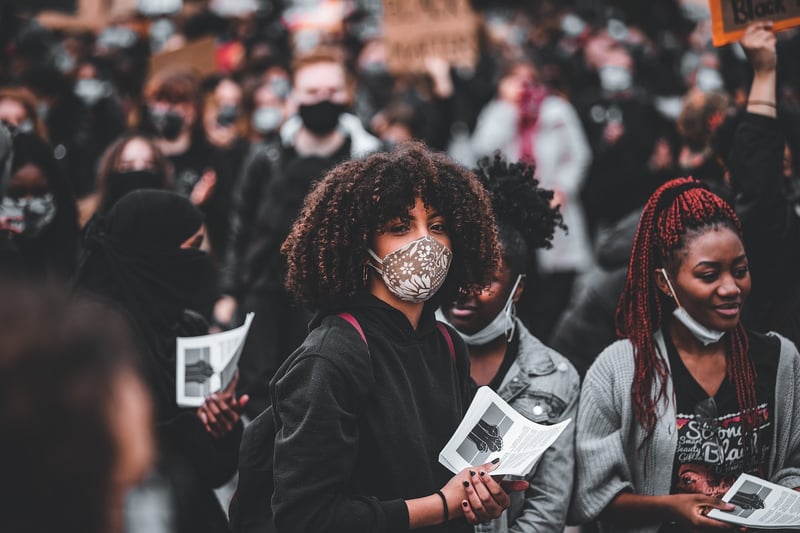Historical Events
Exploring Different Time Periods and Historical Events
History is a fascinating tapestry of events that have shaped the world we live in today. From ancient civilizations to modern revolutions, each time period has its unique characteristics and significant historical events that have left a lasting impact on society. Let's delve into some of these distinct time periods and the key events that defined them:
Ancient Times
Ancient history encompasses a vast period that includes civilizations like the Egyptians, Greeks, Romans, and Mesopotamians. These societies laid the foundation for many aspects of modern culture, from art and architecture to governance and philosophy. One of the most famous events from this era is the construction of the Great Pyramid of Giza in Egypt, one of the Seven Wonders of the Ancient World.
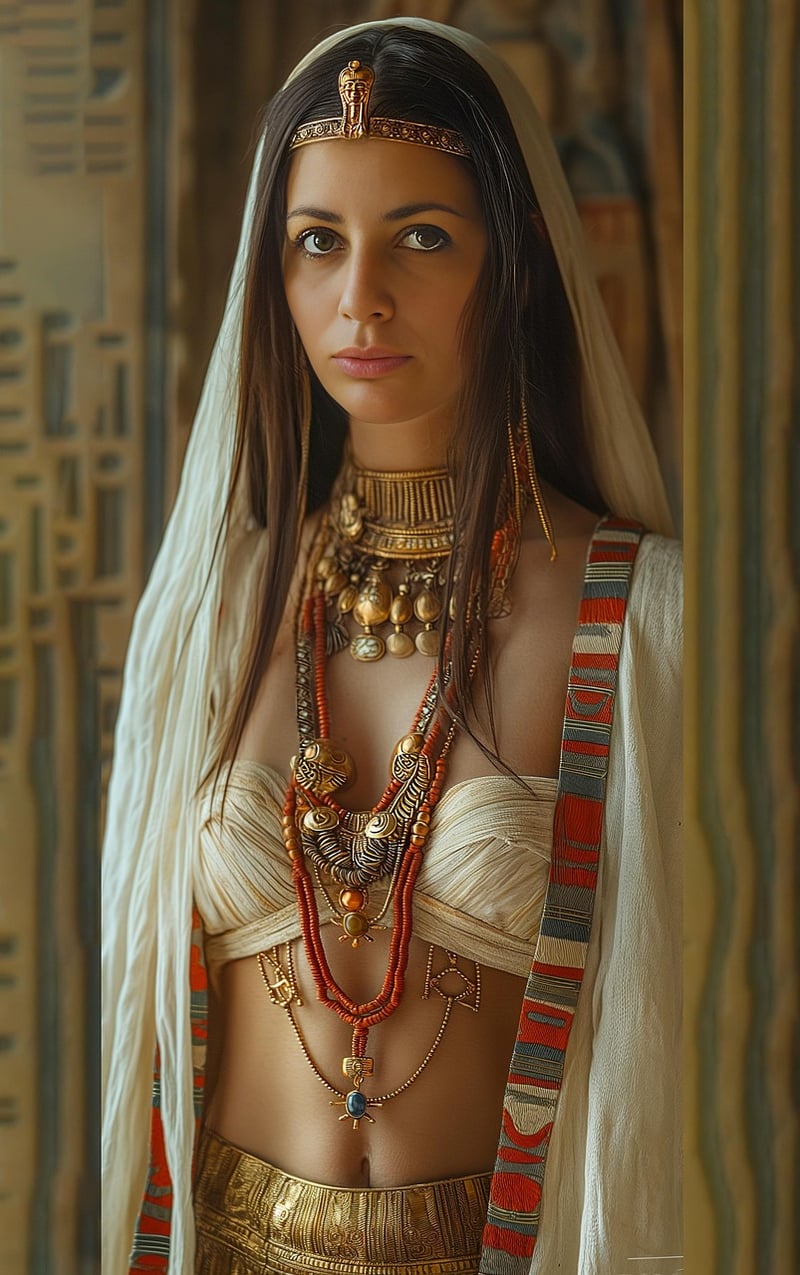
The Middle Ages
The Middle Ages, spanning from the 5th to the 15th century, saw the rise of feudalism, the spread of Christianity, and the age of knights and castles. The Black Death, a devastating pandemic that swept through Europe in the 14th century, is one of the most infamous events of this time, resulting in the deaths of millions and reshaping the social and economic landscape of the continent.

The Age of Exploration
Beginning in the 15th century, the Age of Exploration marked a period of global discovery and expansion. Explorers like Christopher Columbus, Vasco da Gama, and Ferdinand Magellan embarked on voyages that reshaped the map of the world. The discovery of the New World by Columbus in 1492 is a pivotal event that changed the course of history and led to the Columbian Exchange, the widespread exchange of plants, animals, and diseases between the Eastern and Western Hemispheres.
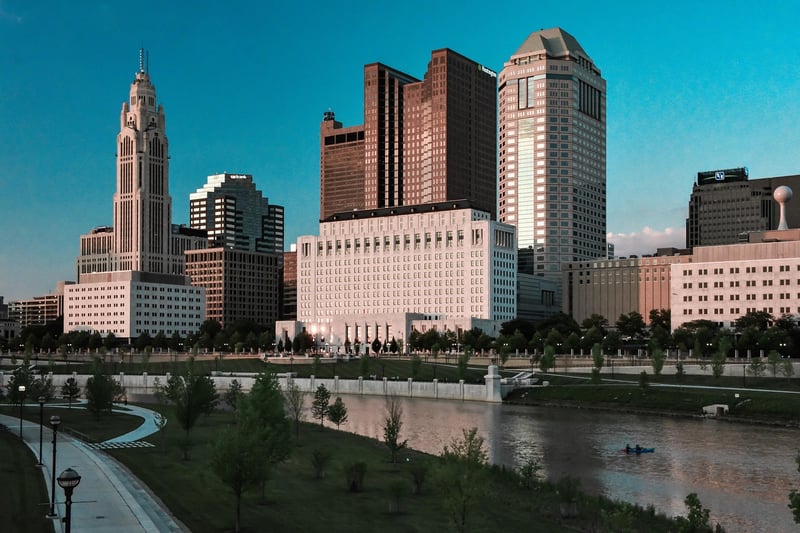
The Industrial Revolution
The Industrial Revolution, which began in the 18th century, marked a period of profound technological advancement and social change. The invention of steam power, the growth of factories, and the urbanization of populations transformed economies and societies around the world. One of the key events of this era is the construction of the first modern factory by Richard Arkwright in England, setting the stage for the industrialized world we live in today.
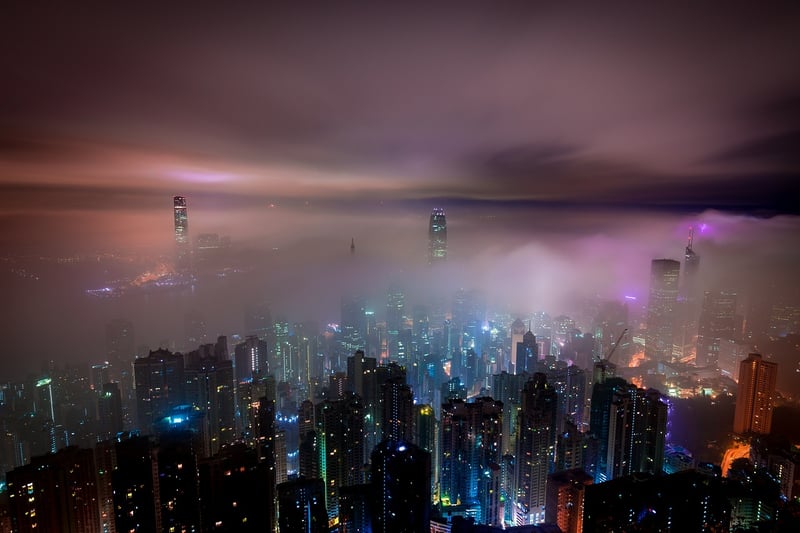
Modern Times
In the modern era, the world has witnessed significant events like the World Wars, the Cold War, and the rise of globalization. The World War II, a global conflict that lasted from 1939 to 1945, reshaped the geopolitical landscape and led to the formation of the United Nations. The fall of the Berlin Wall in 1989 symbolized the end of the Cold War and the reunification of East and West Germany.
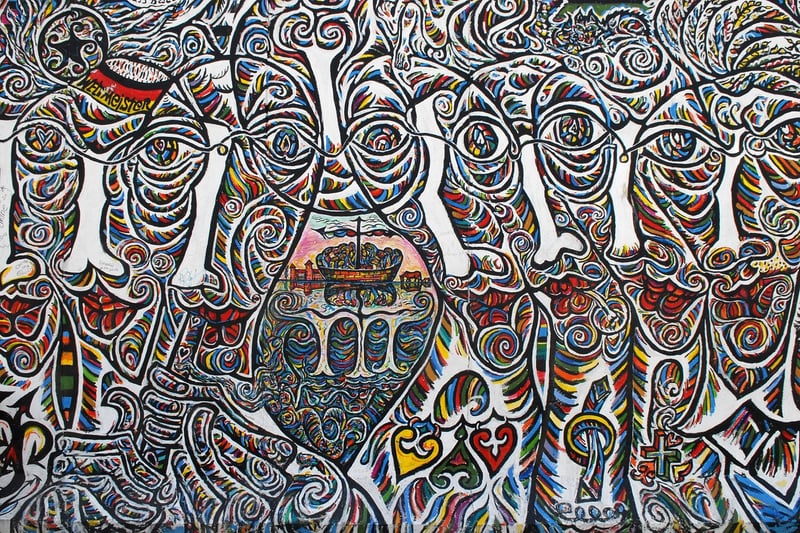
Each time period and historical event have contributed to the rich tapestry of human history, shaping the world we know today and providing valuable lessons for the future.
